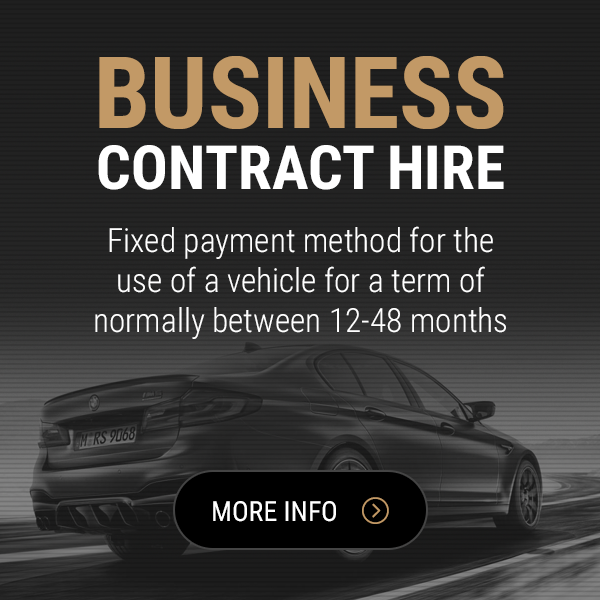Business car leasing allows you to lease a vehicle on a contract hire basis, you will pay to lease the vehicle in monthly instalments for a contract of 24 to 48 months, for example. Once the contract has ended, the vehicle is returned to the leasing provider, leaving them to worry about depreciation values and disposal of the car or commercial vehicle.
Most cars lose between 50-60% of their value during the first three years, however, by leasing the risk is taken on by the vehicle funder.
Contract hire means your company can concentrate on its core activities while avoiding the financial risk and administrative burden of owning your vehicle or fleet.
As most leases only last a few years you can drive a new car regularly, benefiting from an ever-improving standard spec and safety.
Business contract hire is available to financially eligible sole traders, partnerships and limited companies.
From April 2020, savings on pure battery and efficient plug-in hybrid electric vehicles will increase dramatically.
HMRC has published draft legislation on company car tax bands for the tax year 2020 to a BiK band for 0g/km vehicles, which had been removed in April 2019 this, in turn, is beneficial for employers and employees to choose the cleanest electric and hybrid cars.
Monthly instalments can be claimed back as a business expense. The amount of money that you can claim back will depend on the CO2 that your car or commercial vehicles emit. Emissions higher than 130g/km will see you only able to claim back 80% of the total. You’ll be able to reclaim the full amount if your car’s emissions are under 100%.
One of the best things about leasing rather than buying is that you get access to the latest new cars and models every couple of years.
The key features of business contract hire
- The lending provider remains the owner of the vehicle, meaning the vehicle appears ‘off the balance sheet’ of your company
- Fixed monthly rentals cover the rental of the vehicle, plus any maintenance options if chosen
- The monthly rentals are calculated by taking the following into consideration:
- The cost of the vehicle
- The contract period
- The anticipated residual value of the vehicle (how much the vehicle is likely to be worth at the end of the contract)
- Mileage allowance (as chosen by you before the start of your contract)
- Any additional options, such as a maintenance contract
- Vehicle tax is provided for the full term of the contract
The key benefits of contract hire for business
- Low initial rental
- Fixed rentals for the whole package, making budget planning easier
- Flexible terms to meet your company’s requirements, with variable contract duration and mileage terms
- Contract hire removes depreciating assets from your company’s balance sheet, and the associated risks of owning vehicles, such as depreciation and disposing of the vehicle
- Maintenance of vehicles can be included in the monthly fees, spreading the cost
- Flexible invoice arrangements help to considerably reduce administration
- If yours is a VAT registered company, you can claim back 50% of the VAT on the finance element
What happens at the end of the contract?
At the end of the contract, the vehicle is returned to the leasing provider, meaning you are then free to hire another vehicle or vehicles, without any financial obligation.
If you have exceeded your agreed mileage, an excess mileage charge will be payable, worked out on a ‘pence per mile’ basis as set at the start of your contract.
When returning your vehicle, it will also be assessed according to the BVRLA Fair Wear and Tear guidelines. Any damage that falls outside of these guidelines may be subject to end-of-lease penalty charges. For more information on this, visit our Fair Wear and Tear guidelines page.




